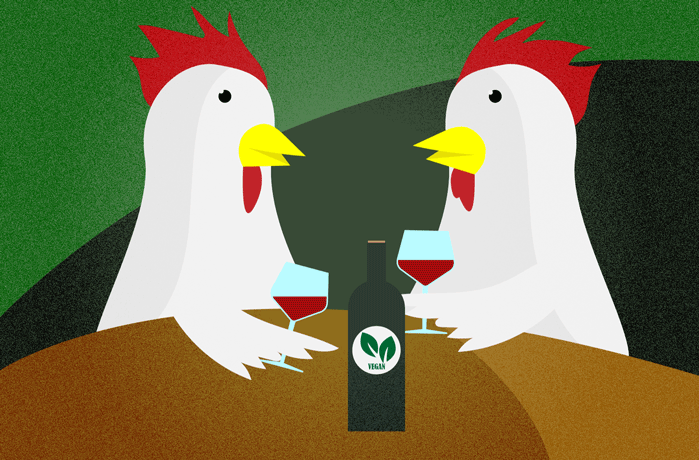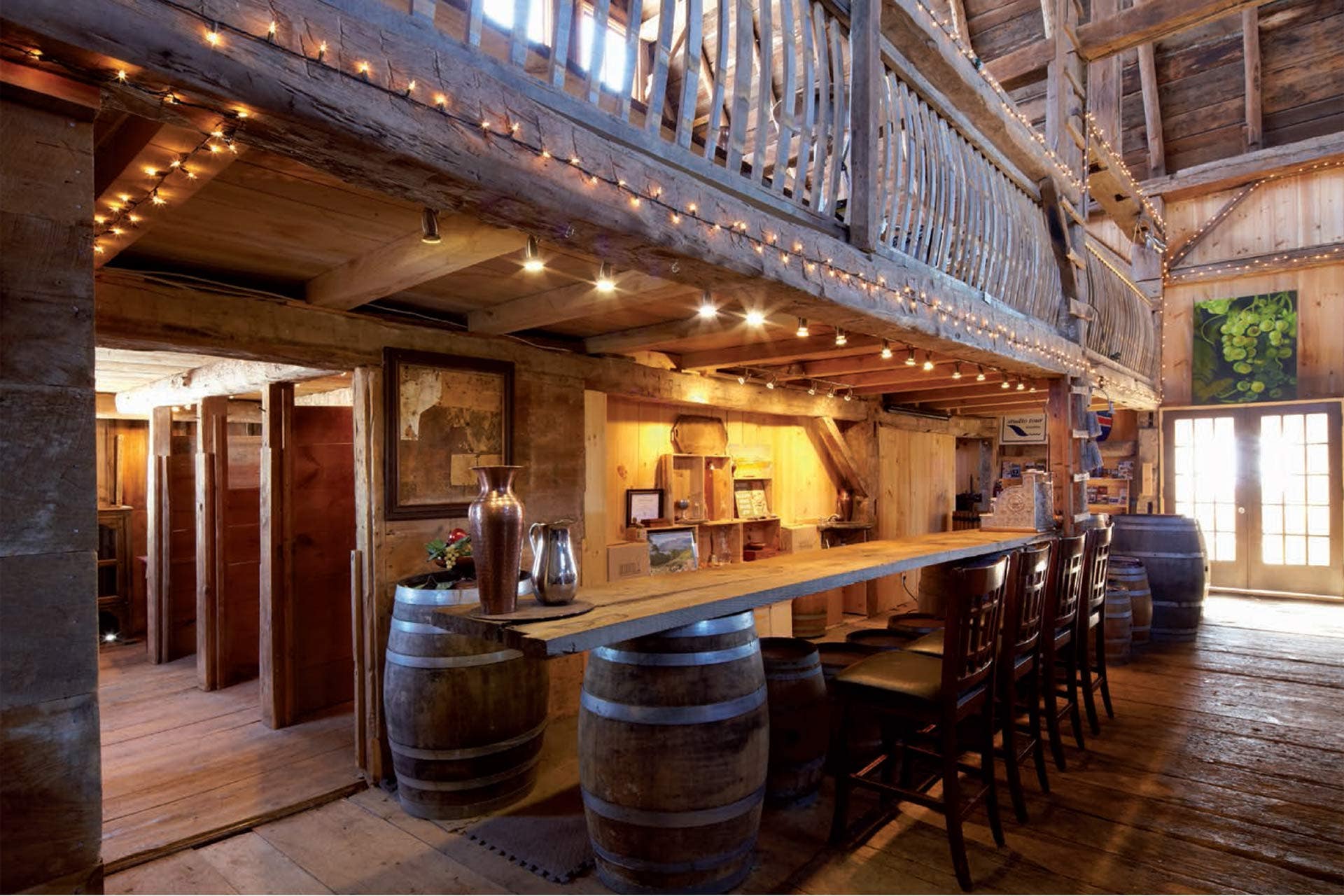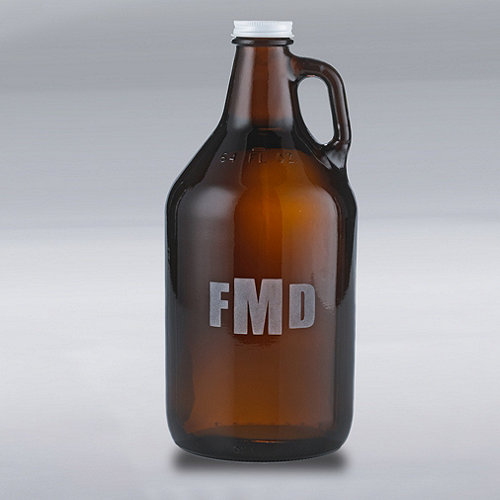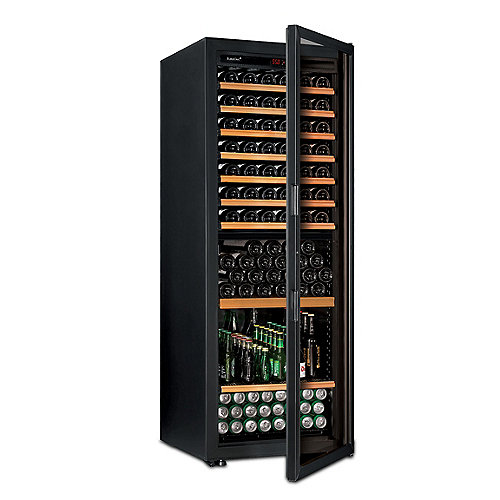Wine Enthusiast |
- Manure Without Animals? Vegan Winemaking Levels Up
- 10 Saisons that are Perfect for Summer
- Wine Enthusiast Podcast: Is Wine Art?
| Manure Without Animals? Vegan Winemaking Levels Up Posted: 12 May 2021 04:30 AM PDT  In the last three years, Canadian Master Sommelier Jennifer Huether has noticed consumer interest in vegan wines rapidly increase. As a result, the number of winemakers now racing to certify their products as vegan-friendly "has literally exploded," she says, calling it "a massive shift." While there's no regulatory body for vegan wines, most independent certifiers deem a wine vegan if it doesn't contain any animal products, and if no animal products—including milk powder, gelatin or fish swim bladder—were used in the fining process. For certain winemakers and drinkers, this doesn’t go far enough. And so, some vintners have adopted animal-free processes from seed to table. They see it as a benefit to the animals, land and wine.  Sebastian Cossia Castiglioni of Querciabella in Italy's Chianti Classico region is considered a pioneer in vegan winemaking. He began to practice organic farming in 1988, and he became certified organic in 2000. "Then we took it a step further," says Sunny Gandara, Querciabella's U.S. brand director. "In 2010, we converted to plant-based biodynamics," which she believes to be a "cruelty-free approach to viticulture." Traditional grape growing typically involves animal products introduced into the soil, like manure (often trucked in from industrial animal farming operations) and sometimes bones and blood. Animals are also used in some vineyards for pest and weed control, and they also help with aeration and cultivation. At Querciabella, there are no animal products in sight. "Instead of using animal-based manure, we implemented a strict cover-crop regime," says Gandara, which includes specific legumes, grains and brassicas. "That's our way of getting nutrients and life back into the soil." The Querciabella team believes it creates balance "not only in our vineyards, but also in our wines," says Gandara.  Sherry Karlo, vintner at vegan-certified Karlo Estates in Ontario, Canada, also uses plant-based vineyard practices. She considers it the "evolution of sustainability" in winemaking, and "the next step of being environmentally friendly and being good stewards of the land." Animal-free farming methods, and fining wines with either time and gravity or bentonite clay improves the end result, says Karlo. "We get consistent feedback that our wines have a very clean taste profile from wine critics and novices alike," she says. Champagne Legret & Fils has fined its wine with plant-based cellulose since 1965. "My father had serious health problems for a long time, and it is for these reasons that he has always favored working without using animal products or chemical methods to make his wines," says owner Alain Legret. In 2015, Legret & Fils stopped the use of cow manure as fertilizer. It opted "to work our vines only with products of plant origin and to exclude all products of animal origin," says Legret. Winemakers now use plant-based soil enhancers like alfalfa pellets.
Legret believes that wine made this way is essential, due to the "respect we have for the animal world in particular, and for nature in general." Some winemakers believe the desire to adopt more sustainable and animal-friendly practices coincides with market demands. "There is a new generation of wine lovers, younger people who are more open to change, open to new ideas, and they are very concerned about what they put in their bodies and how it affects the world," says Karlo. Huether says this sort of shift is natural, given the longevity of winemaking and the wine business. "We have been in a very conventional farming situation with wine for the past 30 years, perhaps," says Huether. "There is now a much bigger concern and a spotlight on being overall more environmentally friendly."  Huether also believes that mindful winemaking improves the finished product. “I do think you get better wine," she says. "When you take the time, have the patience, put your attention into quality, you end up with a better product." She calls it "crafted versus conventional." Querciabella's decision to adopt vegan practices has also proven successful. "Since 2010, when we went plant-based, many people were skeptical and thought, 'Oh no, you're going to ruin the wine,' " says Gandara. Instead, she says, the opposite has been true. "We've only improved," she says. "Our wines have gotten better. Greater expression of fruit, much more vibrancy, more tension to the wines, very fresh and alive. I think it's a result of the vines being very happy." |
| 10 Saisons that are Perfect for Summer Posted: 12 May 2021 04:00 AM PDT  There is a bit of romance and reward in saison. These farmhouse ales have roots in Belgium and were created as grain-forward ales with relatively low alcohol. They were brewed in colder months, fermented and then served on hot summer days. Hearty yet light, these are beers with a distinct character and often showcase a sense of place. Many classic examples of the style can be found in Belgium and one of the most notable producers is Brasserie Dupont. Known the world over, this saison is fruity, floral, slightly funky and a little spicy. Today, it is easier than ever to find a locally made saison in the United States, with most breweries embracing the style and eager to play with Brettanomyces and other microbes to bring a sense of wildness to the beer. Modern brewers have also embraced the farm roots in new ways. It's not uncommon to see hand-picked fruits, vegetables and herbs added to a saison. Often these are local to the brewery, giving a deeper sense of place. Others are working with smaller maltsters to use heritage grains, specialty malts or other flavors to put a distinct stamp on it. While it appears that a growing number of brewers are packaging their saison in cans, most breweries will stick to glass. Not only is it a better presentation for the style but can also help the beer mature over the course of several months with secondary fermentation. There are even a handful of American brewers who are packaging in green glass bottles. The green glass allows for a little sunlight to penetrate the beer, giving a slightly skunky aromas to the hops. In lagers and pale ales this is a flaw; in certain saisons, it's a welcome feature. Brewers are also using saison as a playground to help develop local yeast or house cultures, or to put oak barrels to good use in the brewery. The style is varied, some saison are aggressively hoppy or use darker malts where they almost verge into wild stout territory. Russian River Jannemie Saison; $5/375ml, 96 points. This beer is golden straw yellow in color, with only the slightest bit of haze in the glass. The thick head of foam seems like it could last for days, if only the beer could stay that long. Offering aromas and flavors of hay, lemon pith and a soft, funky tartness, this is a saison that could easily demand full attention but is happy being in the background of a mind wandering into a favorite album or book. Jolly Pumpkin Bam Biēre Farmhouse Ale; $11/16oz 4 pack, 94 points. A lot of little things in this beer add up to a big drinking experience. It's a little fruity and a little funky in a gentle whiff of aged Brettanomyces. Notes of hay, grass and pepper bring this together on the dry finish, with a splash of sweet tones yielding a memorable drinking experience. Side Project Le Saisonnier Blend #4; $20, 94 points. Whiffs of candied vanilla and oak emerge from the glass of this golden, almost orange hued ale. Clear and bright in appearance, with a low head, it offers dry but welcoming with flavors of honeycomb, crusty baked French bread and a touch of lemon peel. Embrace the Funk The Lost Butcher; $7/375ml, 93 points. There is a softness and earthiness to this ale. Brewed with a varied grain bill that includes corn, the farm in this farmhouse ale is apparent. A full glass of this popped at the end of a long day feels like a reward. Fair Isle The Knitting Circle Season 1.e; $24, 93 points. This beer pours a clear golden color, with a thin white head. It bursts with aromas of herbs and lime zest. Slightly lightstruck in a pleasing way that adds a rustic, country character to the ale, this was steeped with larch tips and fermented with a number of wild yeasts. Nebraska Tarte Apricot Saison; $13, 93 points. This is a rich and lush full-bodied saison, with deep aromas of baked apricot and wheat, like a decadent pastry but without unnecessary sugar. Aged in Chardonnay barrels, the wine character is present in the background, providing a thin base of tartness, with accents of baked apple, cinnamon and vanilla as well. Perennial Owen; $14/375ml, 92 points. With robust carbonation and the unmistakable punch of Brettanomyces, this is a farmhouse ale worthy of deep inspection. It offers pepper and leather notes in the background, backed by a pleasing lift of guava. Yeast of Eden Foeder Brune; $21/500ml, 92 points. Smartly aged in white oak for almost a year, this woody, tannic saison has undertones of balsamic, cherry and cedar. Brewed by the Yeast of Eden project at the brewery, it's light chestnut in color with a tan head of foam that laces the glass. Crooked Stave Citrus Earl Grey Saison; $13/12oz 6 pack, 91 points. Soft floral and dried citrus tones settle on a tannic body, which makes sense since this beer was brewed with bergamot tea. Aromas and flavors of orange blossom emerge giving it a refreshing character. Medium carbonation makes it easy to drink along with a pleasing, slightly bitter finish. Embrace the Funk Saison De L'Automne; $13/500ml, 91 points. Released by the brewery's Embrace the Funk imprint, this saison feels like fall in a glass. There's a rustic quality but still some hop brightness that evokes the final haul of a harvest. This dark golden ale is brewed with straw and red wheat. |
| Wine Enthusiast Podcast: Is Wine Art? Posted: 12 May 2021 03:30 AM PDT  In this episode, we go a little deep and talk about a somewhat philosophical question. Is wine art? To start, we have to define art. Does it have to involve the use of your senses? Must it engage your mind in some thoughtful way? If wine is art, does it matter that some people drink it for intellectual stimulation, while others simply want refreshment or relaxation? Wine drinkers often romanticize the art and poetry of winemaking, but it's impossible to ignore the science behind wine production. At the end of the day, perhaps wine is just a product, a commodity, based in science and with a clear method for optimal production? Care to fall down this rabbit hole with us? Managing Editor Lauren Buzzeo speaks to Winemaker/Vineyard Manager Rachel Rose of Bryn Mawr Vineyards in Salem, Oregon. Rose holds a bachelor's degree in molecular, cellular and developmental biology from the University of California, Santa Cruz, as well as a master's degree in oenology and a post-graduate diploma in viticulture from the University of Adelaide in South Australia. Rose previously worked at a Biotech lab before falling into the passion-fueled but also scientifically complex world of wine and winemaking. From field to glass, the creative and chemical aspects of it all, we discuss the reality of making wine, and if what's in the bottle can truly be considered art. Click here to check out reviews of Rachel's Bryn Mawr bottlings, or visit our wine and culture package to read more about the intersections of wine and art.  |
| You are subscribed to email updates from Wine Enthusiast. To stop receiving these emails, you may unsubscribe now. | Email delivery powered by Google |
| Google, 1600 Amphitheatre Parkway, Mountain View, CA 94043, United States | |


















0 comments:
Post a Comment